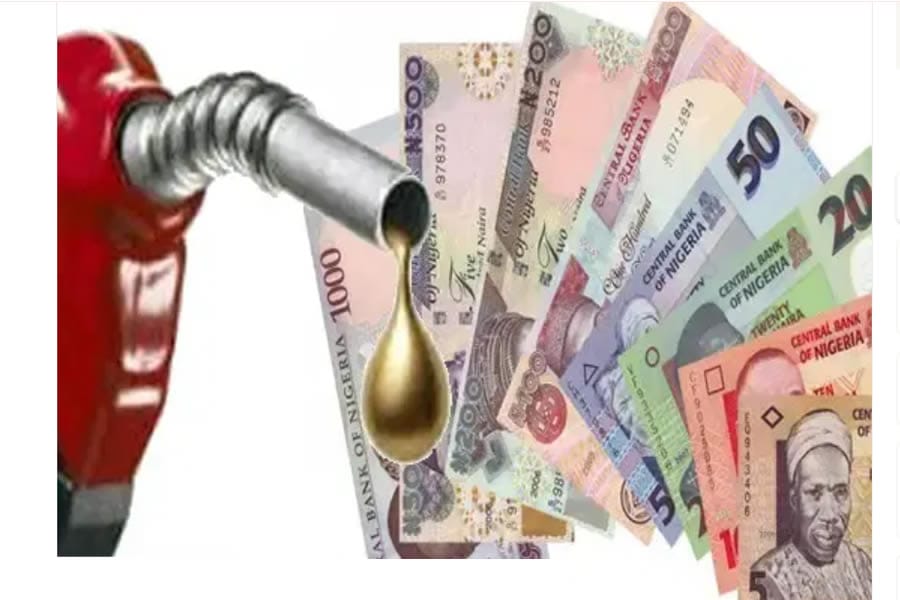A financial expert, Dr. Olutayo Obadina, has attributed the current economic hardship in Nigeria to the government’s decision to float the naira, rather than the removal of the fuel subsidy. Dr. Obadina, a specialist in Credit and Financial Management, made this assertion during a news conference in Lagos on Friday.
Naira Stability as the Key to Reducing Inflation
In his address titled “The Mathematics of Fuel Subsidy: A Critical Look at the Problem and Solution in Nigeria Today,” Dr. Obadina argued that stabilizing the naira is crucial to reducing fuel prices and curbing inflation, as opposed to reinstating the fuel subsidy.
He urged the Federal Government to focus on promoting exports and reducing Nigeria’s dependence on imports, which would in turn stabilize the naira and ease economic pressures.
Exchange Rate Reduction to Lower Fuel Prices
Obadina proposed lowering the naira-to-dollar exchange rate from the current N1,600/$1 to approximately N460/$1. He explained that this adjustment would result in fuel prices dropping to around N450 per litre, offering significant relief to Nigerians.
The Real Issue: Naira Devaluation
According to Dr. Obadina, the ongoing economic challenges stem not from the fuel subsidy removal but from the continuous devaluation of the naira. He pointed out that while the dollar cost of importing fuel has remained stable, the weakening naira has amplified the cost of fuel and other essential goods.
“The core problem is the devaluation of the naira,” Obadina said. “Strengthening the naira is the only long-term solution to Nigeria’s economic issues.”
Call for Policy Reversal and Export Promotion
Dr. Obadina criticized the government’s decision to float the naira, arguing that it has worsened the country’s economic situation. He called on President Bola Tinubu to reverse the floating exchange rate policy and reinstate a fixed exchange rate to stabilize fuel prices and combat inflation.
He further emphasized the need to boost Nigeria’s exports to increase dollar inflows. He suggested the creation of state marketing boards to manage the export of key products like cocoa, groundnuts, palm oil, and solid minerals. This approach would help stabilize the naira by increasing foreign exchange earnings.
Proposed Structure for State Marketing Boards
Obadina recommended that the marketing boards should initially be government-led but transition to private sector ownership, with the public acquiring a 51% stake within three years. This model would prevent the boards from becoming bureaucratic while ensuring their efficiency in promoting exports.
Leverage Nigeria’s Medical Sector for Economic Growth
Dr. Obadina also suggested that Nigeria could capitalize on its medical sector by exporting doctors and medical professionals. With many Nigerian doctors seeking opportunities abroad, he proposed that the government supervise this process to maximize remittances and strengthen the economy.
“Out of every three doctors produced in Nigeria, two are willing to work abroad. The government should manage their export to ensure remittances are sent back to support the economy,” he noted.
Invest in Agriculture to Address Food Security
In addition to export growth, Obadina urged Nigerians to invest in domestic agriculture to reduce the country’s reliance on imported food products and achieve food security.
Economic Context: Naira Devaluation
In the last 10 months, the Nigerian naira has devalued by over 82%, from N896 in January 2024 to N1,635 by mid-October. The devaluation is a result of the floating exchange rate policy implemented by President Tinubu after taking office in May 2023.

